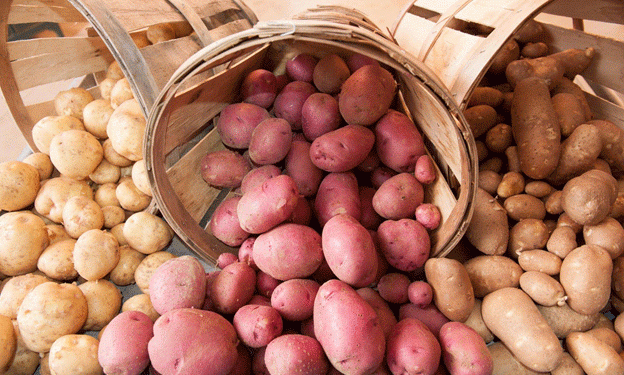As global demand for processing potatoes surges, the Rural Development Administration (RDA) is taking decisive steps to evaluate and promote high-quality potato varieties suitable for export. A recent field evaluation held on September 28 at the Gangneung test site aimed to assess new processing potato varieties developed for markets in Southeast Asia and beyond.
The Growing Demand for Processing Potatoes
The demand for processed potatoes, particularly potato chips, is witnessing significant growth in countries like China and Vietnam. Korean potato processing companies are increasingly entering these markets, leading to a heightened need for reliable and resilient potato varieties that can withstand various climatic challenges. Traditionally, many processors have relied on the “Daeseo” (Atlantic) variety, but this cultivar presents some issues during high-temperature harvest seasons, resulting in internal defects such as hollow hearts and blemishes. Furthermore, in countries like Vietnam where potatoes are cultivated in winter, cracking during harvest can be problematic.
In light of these challenges, the RDA organized the recent evaluation meeting to engage stakeholders, including processing companies, seed potato producers, breeding institutions, and farmers. The event featured practical demonstrations of various potato varieties, showcasing their suitability for processing into products like chips and spiral potatoes. Attendees had the opportunity to examine both the growth characteristics of these varieties and the sensory attributes of the cooked potatoes.
Focused Research and Development
As part of the Golden Seed Project, the RDA has been developing promising new varieties for chip processing, including “Goun,” “Namsun,” and “Eunsun,” along with blight-resistant varieties like “Geumsun” and “Gangsun.” These varieties have been selected based on their adaptability to domestic cultivation conditions and their potential for successful processing. Since 2019, the RDA has been working closely with domestic processors to evaluate the adaptability and processing quality of these new cultivars in export markets.
According to Gu Bon-cheol, head of the Gangneung Agricultural Research Institute, the collaborative effort among processing companies, seed producers, and farmers is crucial. He emphasized the need for these high-quality varieties to thrive in the face of trade liberalization, particularly under Free Trade Agreements (FTAs), which require the agricultural sector to adapt to increased competition.
The RDA’s initiatives to evaluate and promote new processing potato varieties are essential steps in fostering a robust export industry for South Korea’s agricultural sector. By focusing on high-quality cultivars that can withstand the challenges of global markets, the RDA aims to position Korean potatoes as a competitive product in the international arena. As these varieties gain traction, they could significantly enhance the viability of potato exports and bolster the nation’s agricultural economy.







